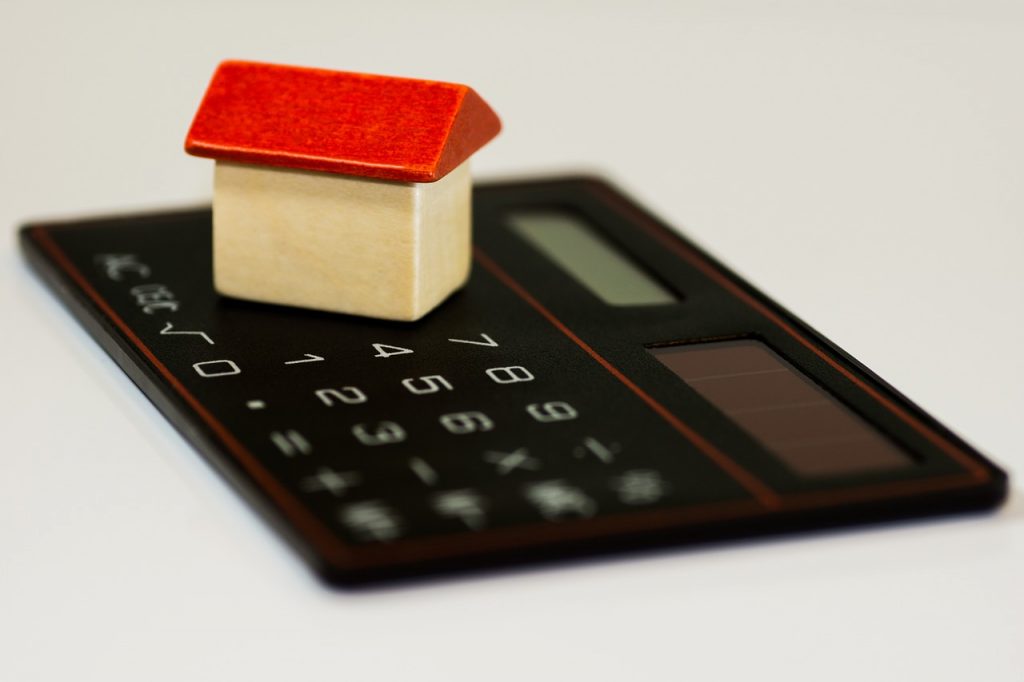
Most people with a mortgage choose to refinance fairly frequently, and while this can have major benefits, there are also plenty of pitfalls to avoid.
With that in mind, here are just six of the most common stumbling blocks that property owners can encounter when refinancing their homes.
Low interest rates might cause you time your refinancing poorly
Interest rates can fluctuate wildly, and while it might seem sensible to jump at the opportunity to refinance when they hit low levels, this could actually be an error.
It all depends on your circumstances, as well as on the wider mortgage market. Rather than pulling the trigger at the wrong time, look at the average mortgage rate regularly to get a sense of where things are headed and do not rush into anything unnecessarily.
Following the advice of lenders
Mortgage providers frequently cajole customers into refinancing as soon as possible, and while this can be worthwhile, it is definitely not ideal for everyone.
Just remember this; lenders want you to refinance not because it is good for you, but because it is profitable for them. That is not to say that they will always give advice that is weighted towards benefitting them, but rather that you should do your own research rather than jumping the gun.
Overlooking fees & other charges
When you refinance your home, a lender may require you to pay hefty fees to move onto a new package. There may even be other administrative charges and additional costs to cover, which can all add up.
If the cost of refinancing is steep enough, it might take years for your lower monthly repayments to make up for this, by which point it could be time to change once more. So always ask about fees and include these in your calculations.
Putting money down to reduce interest rates
This is another common conundrum faced when refinancing. Your lender could offer a lower interest rate if you switch to a different product, but might also want you to put money down in order to unlock this.
Such arrangements are often unfavorable for the customer, both because they cannot be claimed as deductibles on your tax return, and might ultimately not be recouped when you come to sell the property further down the line.
Depleting your personal savings
The aforementioned upfront costs of refinancing your home might pay off over the months and years to come, but if this leaves you with a short term lack of cash, then this could invite disaster unnecessarily.
Ultimately you should make sure that you have plenty of easily accessible funds in your bank account so that you can not only cover the cost of living day to day, but also cope with any unforeseen costs. Refinancing and being left with a black hole where your bank balance used to be, even temporarily, is a bad idea.
Not being eligible for the best deals
Finally, you should be aware that even if you are financially stable and primed to refinance your property, it could be impossible to do so in an advantageous way because of how banks determine eligibility for their top packages.
Lots of things will come together to determine whether or not you are eligible, and the worst thing is to get excited about the prospect of refreshing your mortgage deal, only to find that the products you want are out of your reach.
It is best to set realistic expectations and rely on independent sources when doing your research so that you are able to make an informed decision.


